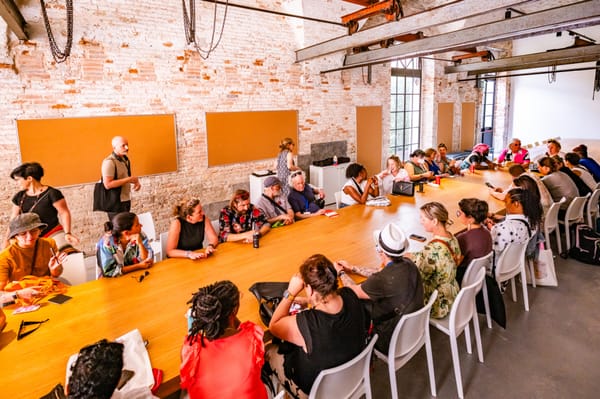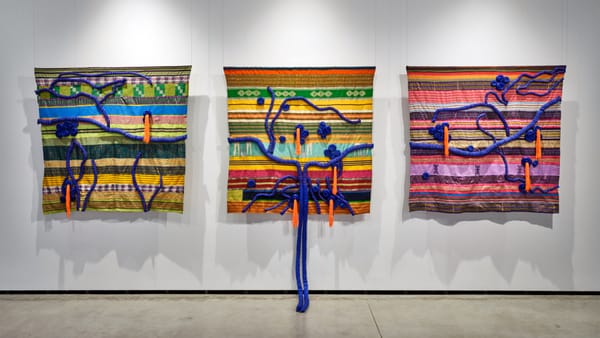Israeli Strikes Near Ancient Ruins in Lebanon
Air raids in Baalbek "will have negative repercussions” on the city’s Greco-Roman ruins, the governor of the region said.
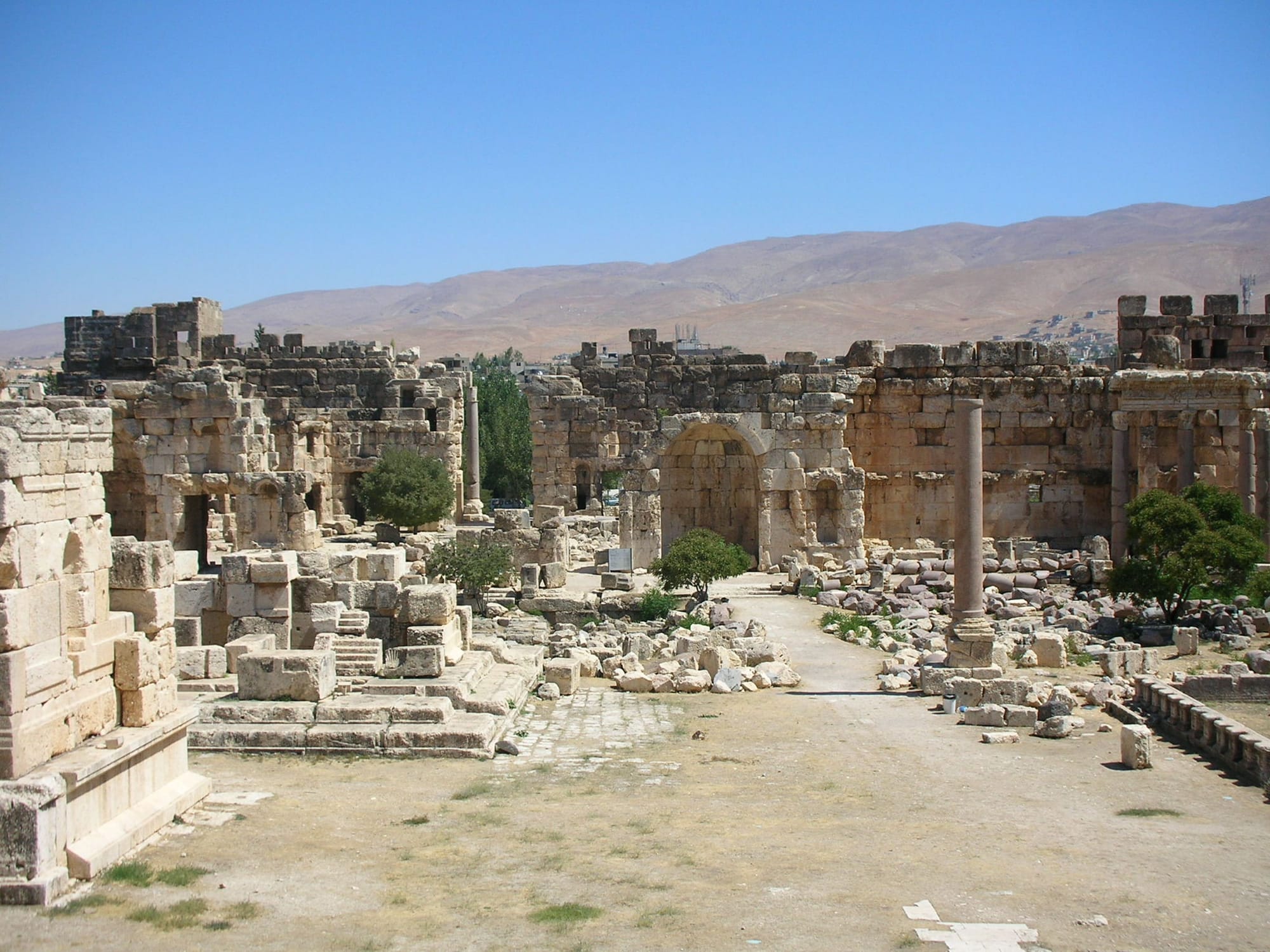
As the Israeli military expands its attacks on Lebanon, air strikes targeting the city of Baalbek this past weekend killed nearly 300 people and wounded almost 800 others, according to a statement by Baalbek-Hermel Governor Bachir Khodr on X and Lebanon’s National News Agency. Khodr also vocalized concerns about the Israeli air raid’s proximity to the city’s Greco-Roman ruins, a UNESCO world heritage site since 1984 that has survived centuries of conflict and natural degradation.
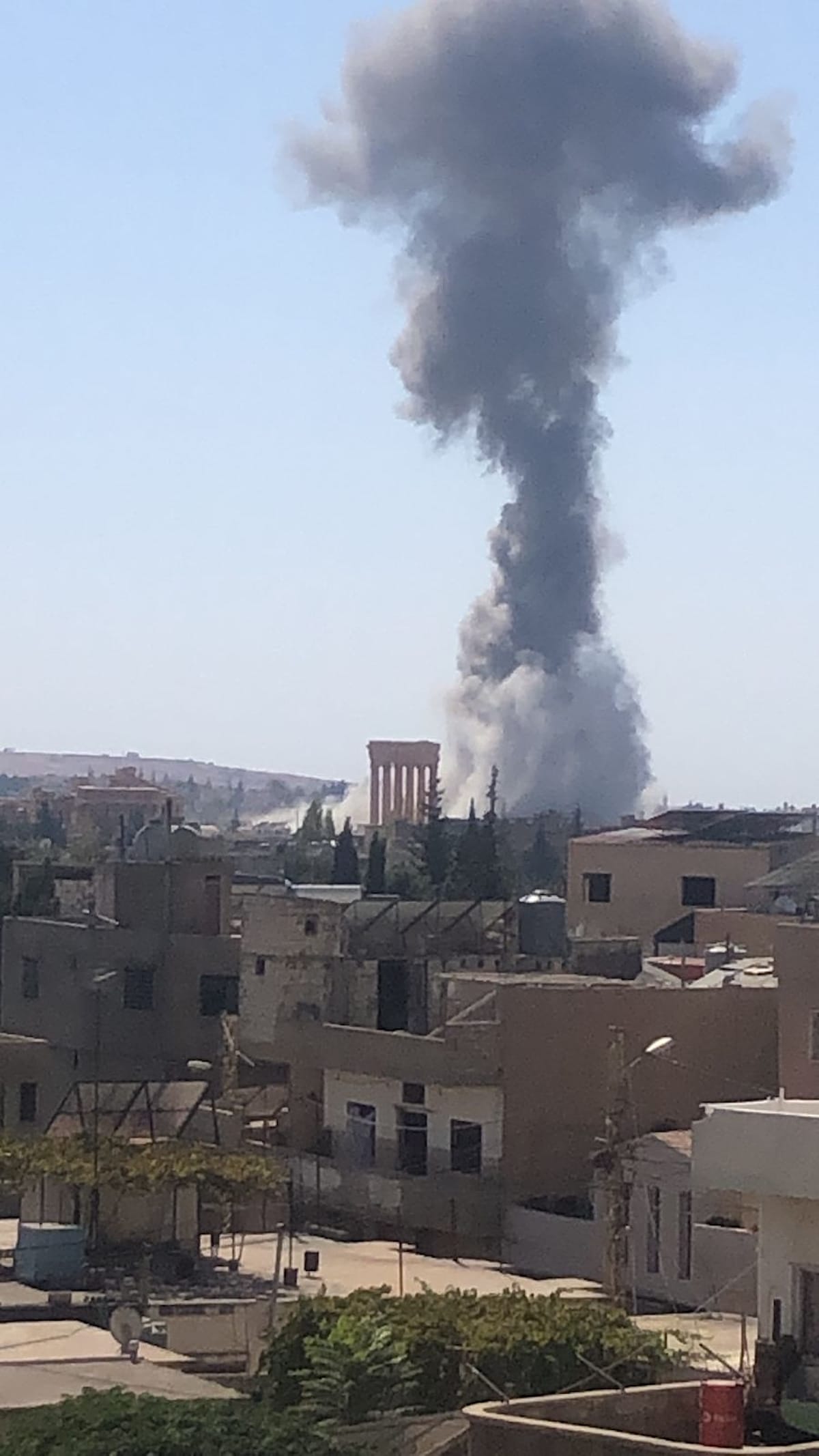
While the strikes did not hit the archaeological site’s structure or grounds, Khodr confirmed on X that they landed "500 to 700 meters away” (less than half a mile) and “will have negative repercussions” on the ruins. In a photo posted by the governor, plumes of gray smoke can be seen rising from the scene of the impact, which appears adjacent to one of Baalbek’s ancient pillared structures.
An ancient Phoenician city inhabited as early as 9000 BCE, Baalbek is known for its complex of temples spanning Ancient Greece and Rome which contain a plethora of tall columned structures, intricate stonework and mosaics, and vividly decorated gates honoring mythological figures such as Venus and Mercury. Two of these archaeological complexes, the Temple of Bacchus and the Temple of Jupiter, are among the largest and best-preserved Ancient Roman temples in the world.
The city is located just over 40 miles (~64 km) northeast of Lebanon’s capital Beirut, which has also been heavily targeted by a slew of Israeli strikes in recent weeks.
Following Hamas’s October 7 attacks, upwards of 2,000 people in Lebanon have been killed by Israeli forces since last October, according to Lebanese officials, who have also stated that a majority of deaths have occurred over the past few days. Israel’s attacks on Gaza and the Occupied West Bank have killed over 41,689 people and injured approximately 96,600, according to the latest United Nations reports. This weekend, an Israeli strike killed more than 26 Palestinians who were sheltering in a mosque and a school in Deir el-Balah, a town located in central Gaza.
Hyperallergic has contacted Khodr, the Israeli military, and Lebanon’s Directorate General of Antiquities for more information.
“It is a total disaster. There is no emergency plan in place and no unit ready to intervene to protect not the sites, but at least the artifacts and museums,” Nelly Abboud, a Lebanese-based archaeologist and co-founder of of the cultural heritage organization Museolab, told Hyperallergic, adding that the public museums and institutions are also “understaffed and their employees are underpaid.”
“The cultural heritage sector was already suffering from different waves of uncertainties,” Abboud continued, citing the October 17 uprising in 2019, the 2020 COVID-19 pandemic, the Beirut port explosion, and the past year of Israeli aggressions.
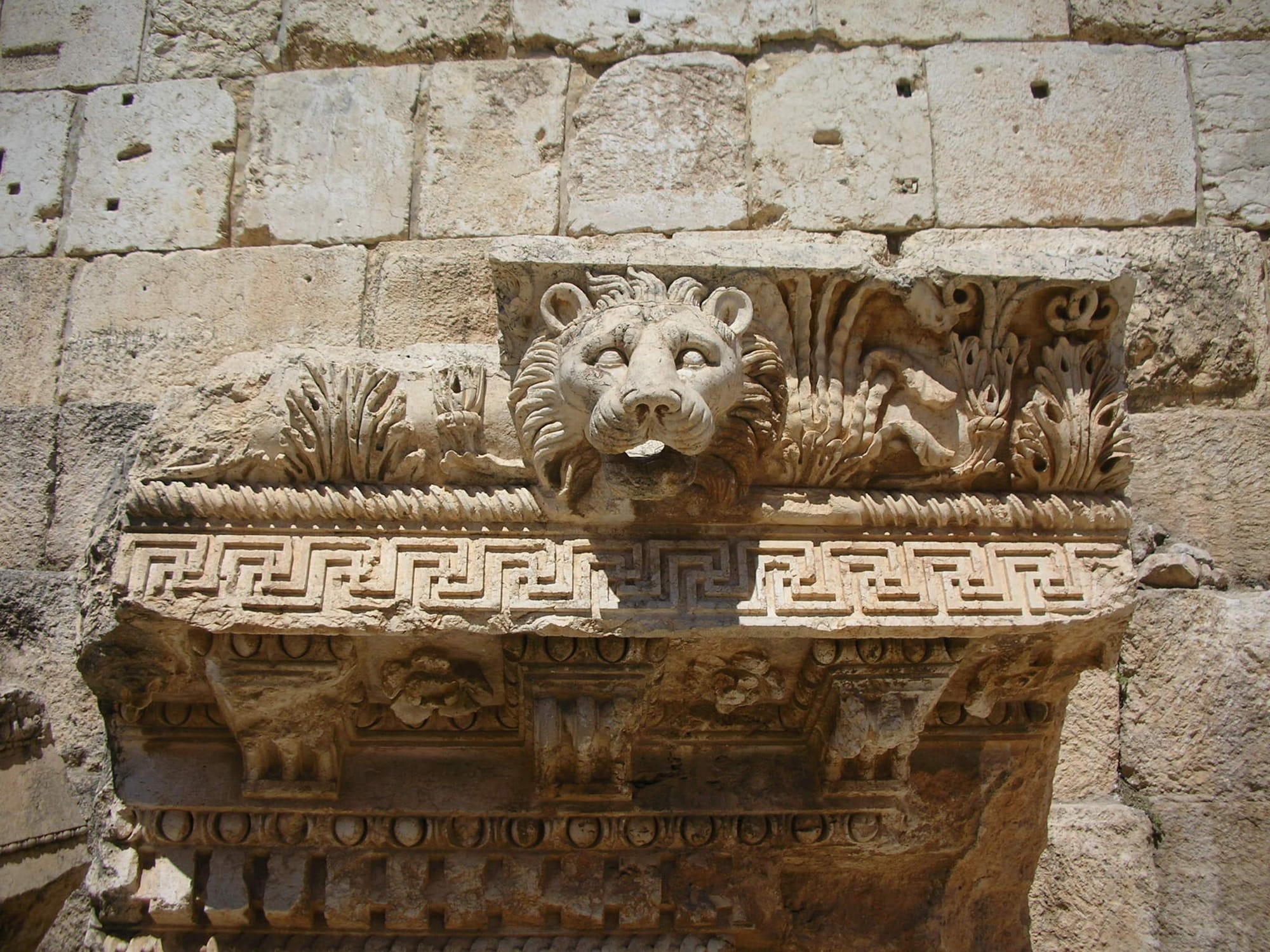
Yesterday, Minister of Culture Judge Mohammad Wissam El-Mortada pleaded to UNESCO to take "urgent steps" to protect Lebanon's world heritage sites, including the ruins in Baalbek. His statement followed a decision last November to remove a "Blue Shield" cultural protection emblem mounted to the outer wall of one of the Baalbek temples, on the basis that the Israeli “atrocities committed in Gaza have proved that such a 'shield' does not protect anything” and “what protects Lebanon, its people, and its private and public property is our valiant army and the capable #resistance," according to an X statement.
“I personally do not believe that the blue shield would protect any site,” Abboud said. “But nevertheless, we cannot simply go face the entire international community and break all the agreements and United Nations decisions … and later on ask them to intervene and stop this madness.”
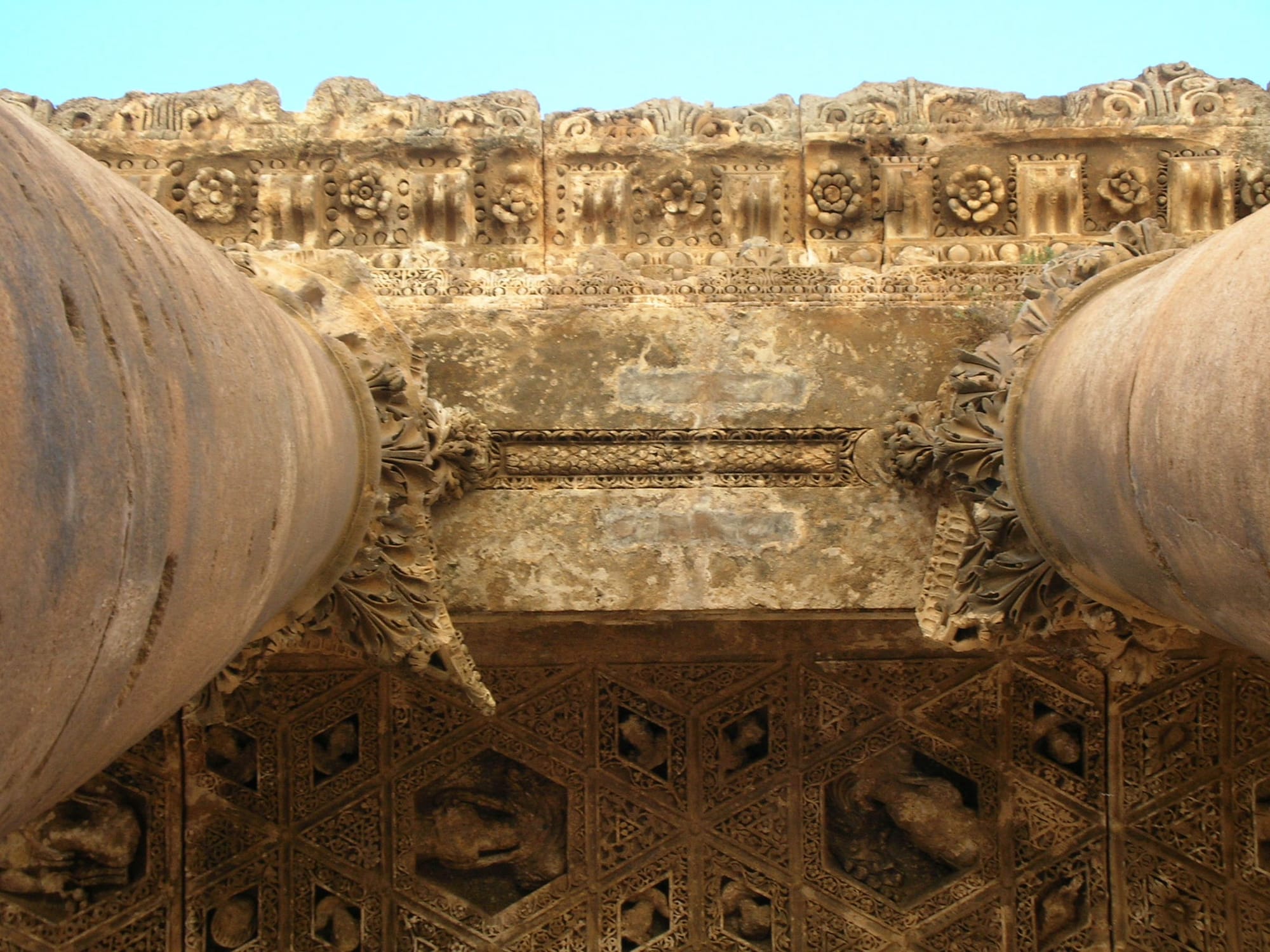
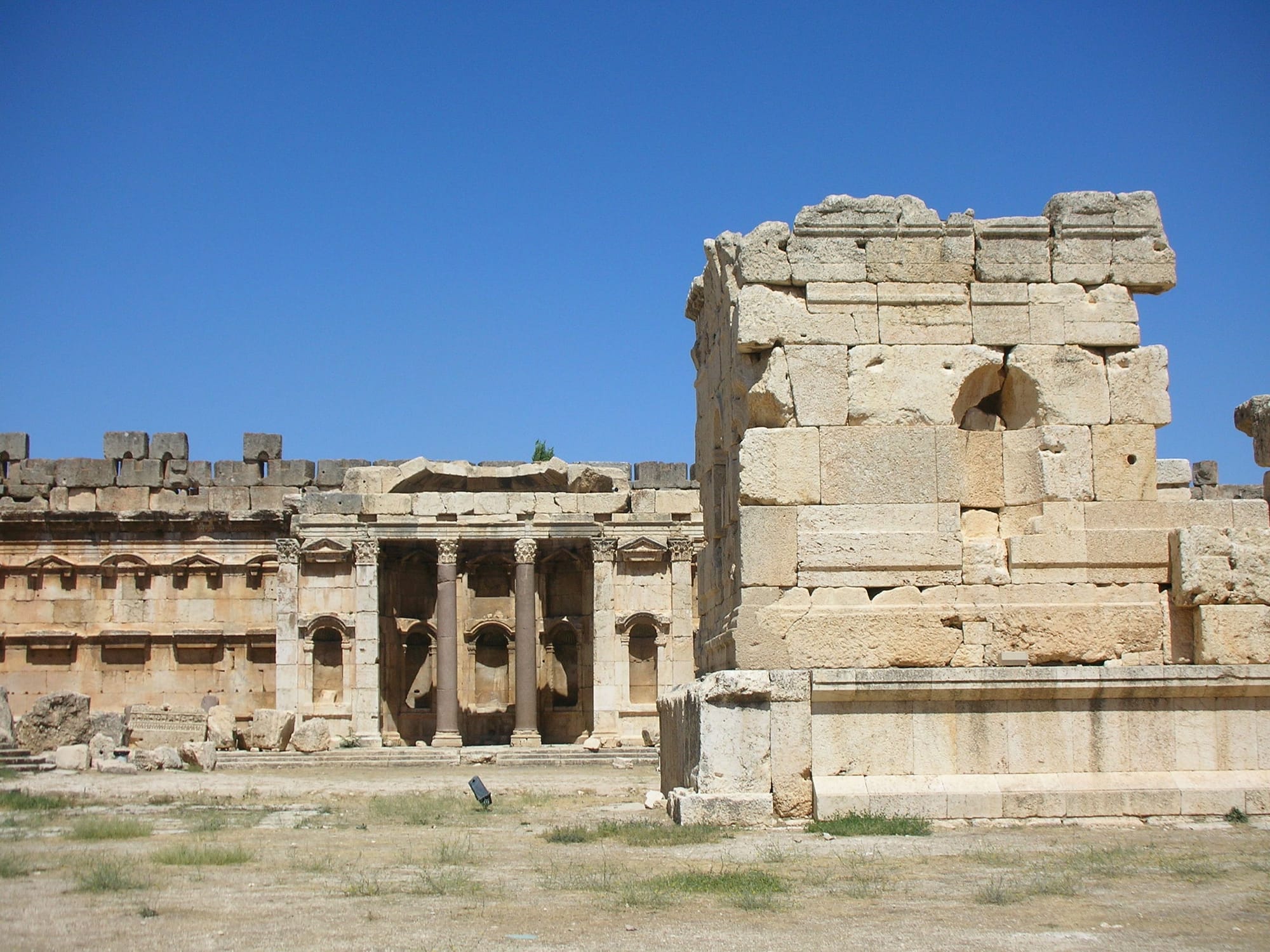
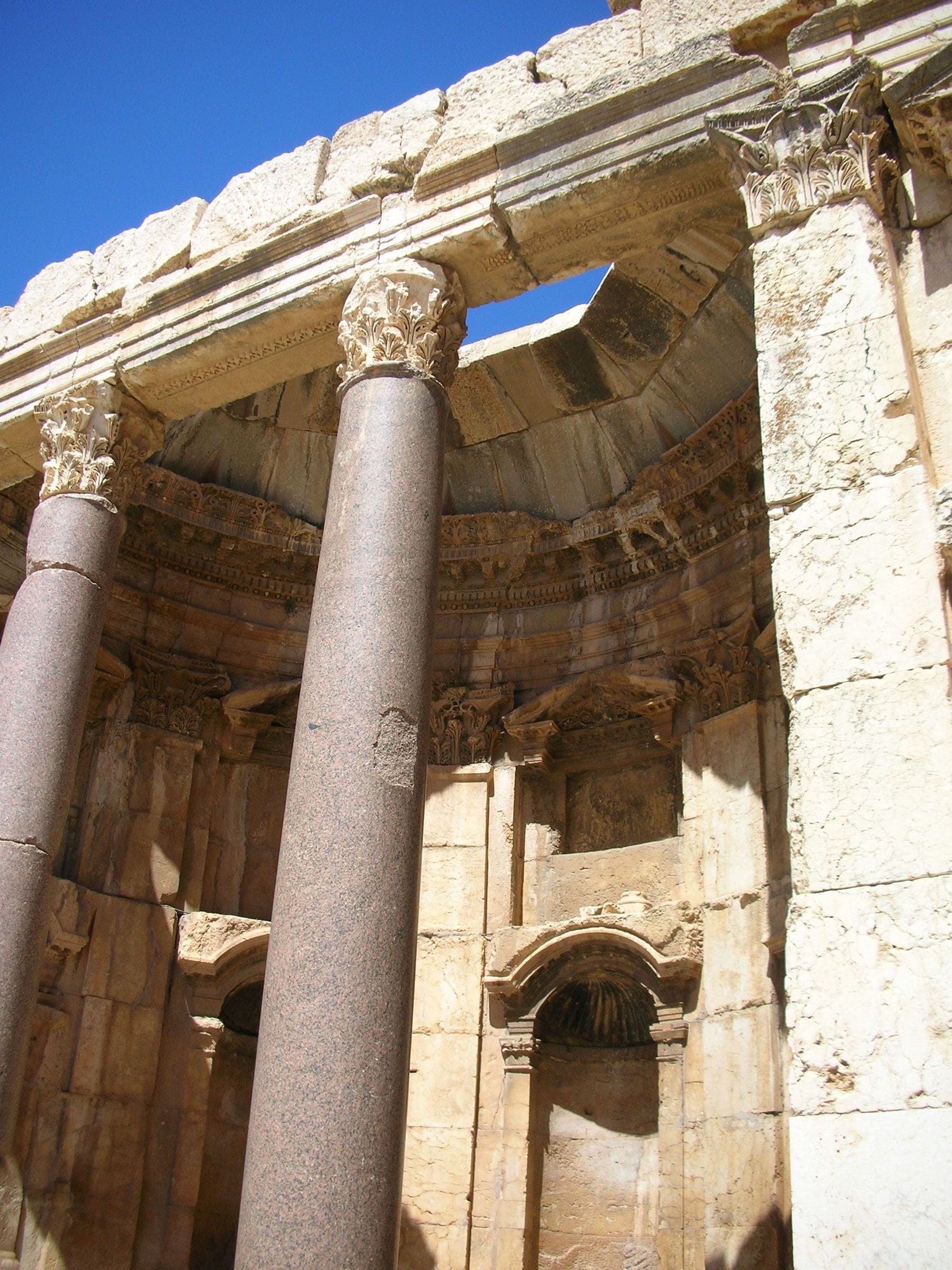
Editor's note 10/8/24 10:50am EST: This article has been edited to correct an error in quote attribution. The quotes are now correctly attributed to Nelly Abboud.



